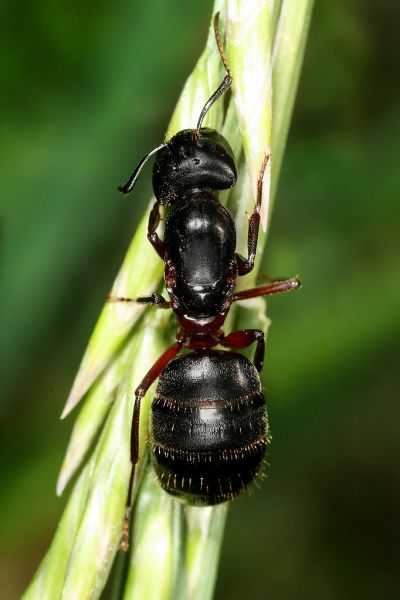New ways to stop plant viruses

Formica
By Richard Bartz, Munich Makro Freak (Own work) [CC BY-SA 2.5 (http://creativecommons.org/licenses/by-sa/2.5)], via Wikimedia Commons
Researchers have investigated whether the spread of plant viruses can be stopped by blocking the interactions between the virus and the insect that transmits it.
Traditionally, managing economically damaging plant viruses has relied
on pesticides to stop the insect vectors. While this method does have
some usefulness, indiscriminate use of pesticides has a far-reaching
impact on the environment and on human health.
In an attempt to find an alternative strategy, the EU-funded 'Blocking the transmission of aphid-borne plant viruses' (APHID-BORNE VIRUSES) project aimed to block transmission by disrupting virus-vector interactions.
Aphids, which are common vectors for plant viruses, usually have receptors on their mouthparts that interact with viruses to aid transmission. The strategy envisioned by APHID-BORNE VIRUSES would use antibodies or small proteins to bind with receptors and physically block this interaction.
The project first carefully established and optimised the methods to be used. Researchers then tested both antibodies and proteins for their ability to block virus transmission in controlled experiments.
Unfortunately, this approach was unsuccessful. However, in the course of their experiments, project scientists found that some viruses can block the transmission of other viruses. Several further experiments confirmed this result.
To investigate this strategy further, the findings will be tested on aphids that are eating plants rather than being fed mixtures of viruses. If that work is successful, the strategy envisioned by APHID-BORNE VIRUSES may hold promise as a way to prevent transmission of plant diseases.
published: 2015-06-29

